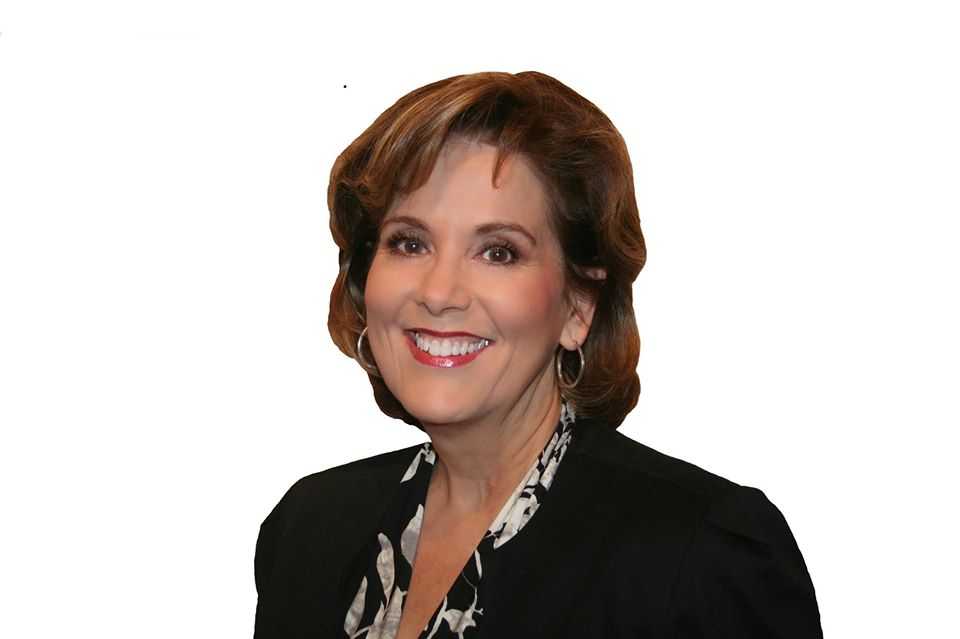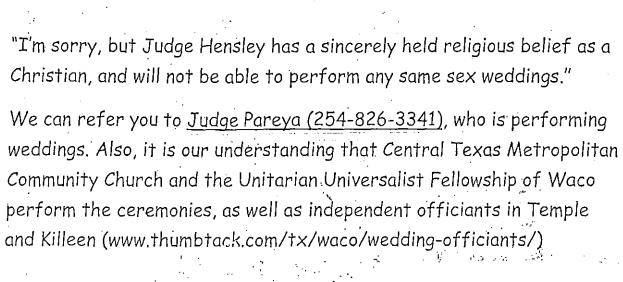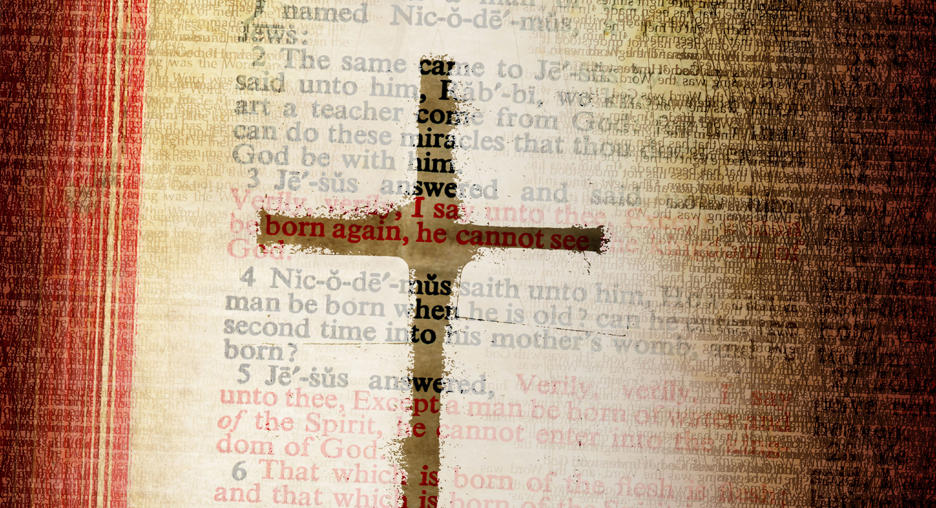Texas Judge Sues After Being Issued Warning for Declining to Officiate Same-Sex Ceremonies, Providing Referrals Instead
 WACO, Texas — A county judge in Texas has filed a legal challenge after being issued a public warning from the Texas Commission on Judicial Conduct, which recently concluded that she is “casting doubt on her capacity to act impartially” by declining to officiate same-sex ceremonies and rather providing referrals instead.
WACO, Texas — A county judge in Texas has filed a legal challenge after being issued a public warning from the Texas Commission on Judicial Conduct, which recently concluded that she is “casting doubt on her capacity to act impartially” by declining to officiate same-sex ceremonies and rather providing referrals instead.
“It is absurd to equate a judge’s publicly stated opposition to an individual’s behavior as casting doubt on the judge’s impartiality toward litigants who engage in that conduct,” the lawsuit reads. “Otherwise no judge who publicly opposes murder or rape could be regarded as impartial when an accused murderer or rapist appears in his court.”
“It may not be as fashionable to publicly disapprove homosexual behavior as it once was, but that is not a reason to question the impartiality of a judge who openly expresses a religious belief that marriage should exist only between one man and one woman.”
As previously reported, the Commission on Judicial Conduct issued the warning to McLennan County Judge Dianne Hensley on Nov. 12 despite argument from her attorney that the disciplinary action would run afoul of the Texas Religious Freedom Restoration Act.
“The Bible repeatedly and explicitly condemns homosexual behavior,” the letter, signed by attorney Jonathan Mitchell, read in part. “The Bible also warns Christians not to lend their approval to those who practice homosexual behavior. See, e.g., Romans 1:32.
Because of these clear and unambiguous Biblical passages, Judge Hensley will not perform same-sex weddings.”
The Commission’s warning, one of the highest disciplinary measures to be taken by the judicial oversight entity, stated that Hensley “should be publicly warned for casting doubt on her capacity to act impartially to persons appearing before her as a judge due to the person’s sexual orientation in violation of Canon 4A(l) of the Texas Code of Judicial Conduct.”
It generally pointed a 2017 article by the Waco Tribune entitled “No Courthouse Weddings in Waco for Same-Sex Couples 2 Years After Supreme Court Ruling.”
“She said that as a ‘Bible-believing’ Christian, her conscience … prohibits her from doing same-sex weddings, and she thinks she is entitled to a ‘religious exemption,’” the article outlined. “She said that on a couple of occasions, her office has told same-sex couples that the judge was not available and gave them a list of locals who would officiate a same-sex wedding …”

The Commission on Judicial Conduct likewise noted that as of August 2016, Hensley’s office gave those who desired same-sex services a document that read, “I’m sorry, but Judge Hensley has a sincerely held religious belief as a Christian, and will not be able to perform any same sex weddings.”
The document named other entities who would be able to assist in her place, including another judge, a pro-homosexual “church” and a Unitarian facility.
Earlier this year, the Commission advised Hensley that it was concerned about her statements and practice. She supplied a written response and also appeared before the Commission in August with an attorney.
“At her appearance before the Commission, Judge Hensley testified that she would recuse herself from a case in which a party doubted her impartiality on the basis that she publicly refuses to perform same-sex weddings,” the warning document outlined.
However, as the Texas Code of Judicial Conduct, states, “A judge shall conduct all of the judge’s extra-judicial activities so that they do not cast reasonable doubt on the judge’s capacity to act impartially as a judge,” the Commission decided that a public warning to Hensley was warranted.
Hensley’s attorneys believe that the warning unfairly punishes the justice for simply adhering to her religion and violates the Texas Religious Freedom Restoration Act (RFRA).
“The Commission violated the Texas Religious Freedom Restoration Act by investigating and punishing Judge Hensley for recusing herself from officiating at same-sex weddings, in accordance with the commands of her Christian faith,” the lawsuit states. “By investigating and punishing her for acting in accordance with the commands of her Christian faith, the State of Texas has substantially burdened the free exercise of her religion, with no compelling justification.”
It also argues that Hensley is “ensuring anyone can get married who wants to be married,” and so, she is not impeding anyone.
“If Judge Hensley is forbidden to recuse herself from officiating at same-sex weddings, then she will stop officiating weddings entirely, as she did in the immediate aftermath of Obergefell. That outcome does nothing to alleviate inconveniences that Judge Hensley’s referral system might impose on same-sex couples,” the complaint states.
“Indeed, the Commission’s actions have the perverse effect of imposing even greater inconveniences on same-sex and opposite-sex couples seeking low-cost weddings,” it contends.
Read the legal challenge in full here.
 As previously reported, on other issues, such as abortion, Christians often refuse to provide referrals at all, seeing that it would be a form of assistance with one’s sin.
As previously reported, on other issues, such as abortion, Christians often refuse to provide referrals at all, seeing that it would be a form of assistance with one’s sin.
In June 2018, the U.S. Supreme Court sided with a coalition of California pregnancy care centers that challenged a law requiring the pro-life entities to post information about government abortion and contraception programs.
“Governments must not be allowed to force persons to express a message contrary to their deepest convictions. Freedom of speech secures freedom of thought and belief. This law imperils those liberties,” wrote Justice Anthony Kennedy.
In August of this year, the Department of Health and Human Services (HHS) sided with a nurse who alleged that the University of Vermont Medical Center — a federally funded facility — forced her to assist with an abortion despite her moral objections.
“Our investigation has uncovered serious discrimination by UVMMC against nurses and staff who cannot, in good conscience, assist in elective abortions,” Roger Severino, the director of HHS’ Office of Civil Rights, said in a statement. “We stand ready to assist UVMMC in changing its policies and procedures to respect conscience rights and remedy the effects of its discrimination.”
The department also issued a rule in May protecting both public and private healthcare facilities that decline to perform or refer for abortions, as well as professionals who decline to receive training in abortion.
“This rule ensures that healthcare entities and professionals won’t be bullied out of the healthcare field because they decline to participate in actions that violate their conscience, including the taking of human life,” Severino explained. “Protecting conscience and religious freedom not only fosters greater diversity in healthcare, it’s the law.”
In 2017, a federal judge struck down an Obama-era rule that organizations such as the Christian Medical and Dental Association interpreted as requiring doctors who accept Medicaid or Medicare to perform or refer out for sex-change related operations despite their objections.
“Plaintiffs will be forced to either violate their religious beliefs or maintain their current policies which seem to be in direct conflict with the rule and risk the severe consequences of enforcement,” declared Judge Reed O’Connor.
Become a Christian News Network Supporter…







Comments are closed.